It’s time to face facts: Things are not ok. And it’s up to us as a horror community to end our silence and demand better for women working in the genre.
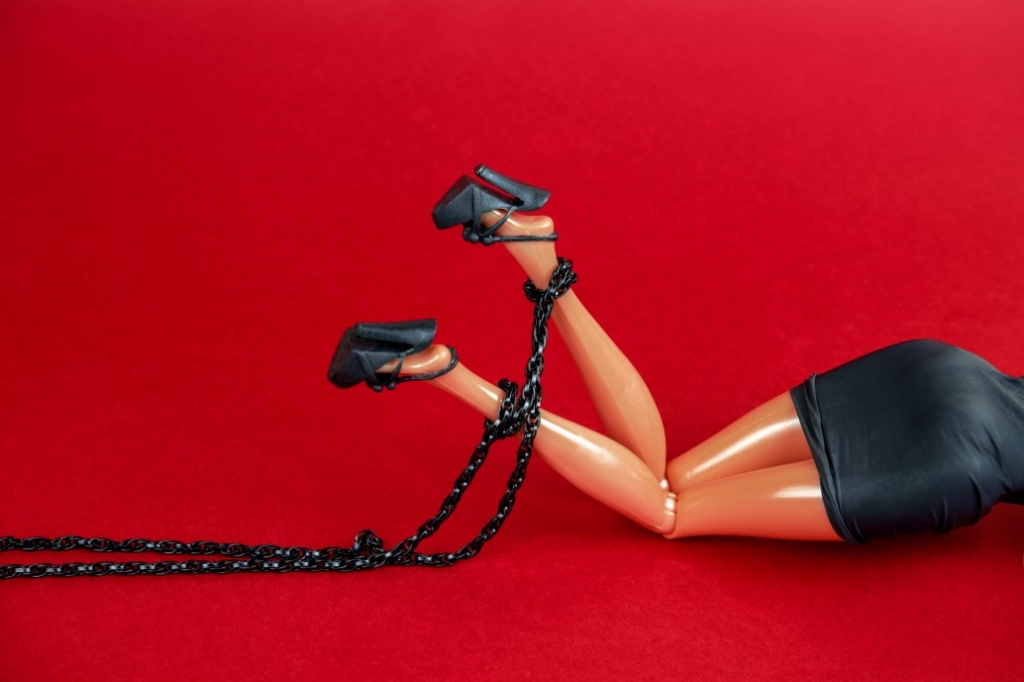
This article was written collaboratively with Morbidly Beautiful Editor in Chief Stephanie Malone and with the support of fellow writers Jamie Alvey and Kirby Kellogg. It’s our attempt to address the onslaught of disturbing revelations about the state of women in horror and the bad behavior that has filled the horror community with toxicity and divisiveness.
Ask any woman who has ever participated in the creation or consumption of horror (or any fandom, from comics to Star Wars to Star Trek), and she can probably tell you at least one story about her knowledge and passion being called into question by a man. Whether online, at conventions, or among their colleagues, women’s love for the genre is often greeted with suspicion and ridicule by men. Women of color are doubly suspect.
We’re told we “don’t look like” horror fans. We’re either too hot or not hot enough. If we know too much, our knowledge is a threat. But if we don’t know enough, we’re “fake fans.”
The reality is, women have always loved horror. That should be an obvious statement, since it’s fairly common knowledge that horror wouldn’t exist without women. Modern horror is the direct descendent of Gothic literature, a genre pioneered by women like Ann Radcliffe and Mary Shelley. Your classic monsters, your ghost stories, your science fiction — you owe all of that to women.
But women aren’t just influential content creators, they are also rabid consumers of genre entertainment. In fact, the majority of horror fans are women. That’s right. 60% of all horror fans identify as women.
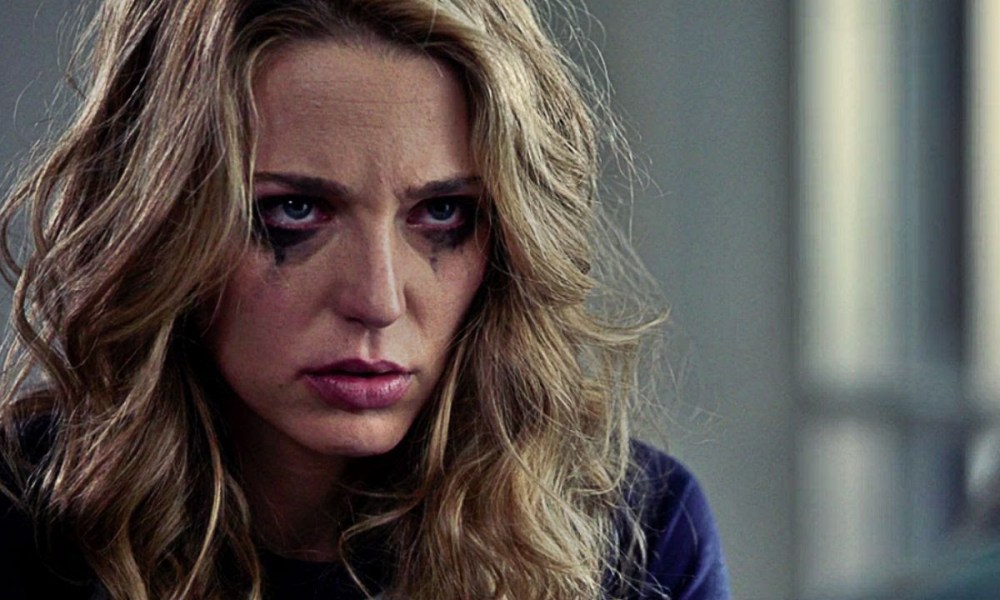
So why is horror considered such a boys club?
Somewhere along the way, since the advent of film over a century ago, men — white, straight, cis men — seem to have claimed a monopoly on the genre, both as creators and consumers, even though neither realm was ever truly exclusive to them.
For decades, men were considered the default audience of horror films. Film criticism and reviews were addressed to them. If women were mentioned at all, it was only as an extension of the male viewer; his date who cowered in his arms in the darkened theater and covered her eyes when the monster was on screen. It never seemed to occur to anyone that women might seek out and enjoy these films on their own.
It was only in the late 20th century that feminist film analysts began to question the default male spectator and explore the reasons why women might — and do — take pleasure in horror. But this is the 21st Century — a supposedly “post-feminist” world where many believe the movement has achieved everything it set out to do and women are regularly afforded the same opportunities as men.
It’s true, there are a lot more women making waves in the genre now than in previous decades. Saint Maud, a film by Rose Glass, is slated to be the first horror film released in theaters since the onset of COVID-19. Nia DaCosta is bringing Candyman, one of horror’s most iconic villains, back to the big screen. Everything is as it should be…right?
Not exactly.
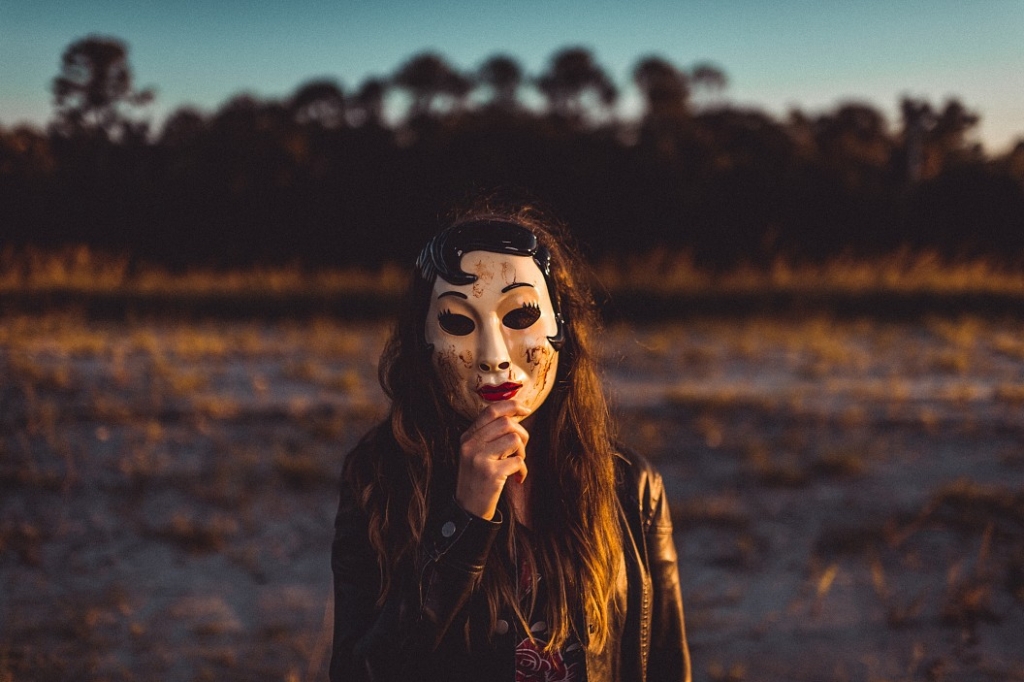
Here’s the uncomfortable truth: women have always loved horror, but horror does not always love us back.
Never has that been more clear than in the fallout following Adam Donaghey’s arrest, which revealed just how guilty Cinestate, the Dallas-based production company he worked for, is in enabling his predatory behavior.
You’re likely very familiar with Donaghey’s laundry list of offenses at this point. But if you’re not caught up, here’s the Daily Beast article that put the horror world in turmoil a couple of weeks ago.
The long and short of it is that Donaghey had already built a reputation for himself as “the Harvey Weinstein of Dallas” even before Cinestate hired him. Cinestate founder Dallas Sonnier and his partner Amanda Presmyk continually turned the other cheek when confronted with evidence of Donaghey’s abuse — including an audio recording of him verbally harassing actress Cristen Leah Haynes.
They only cut ties with him when he was finally arrested and formally charged with raping a 16 year old girl.
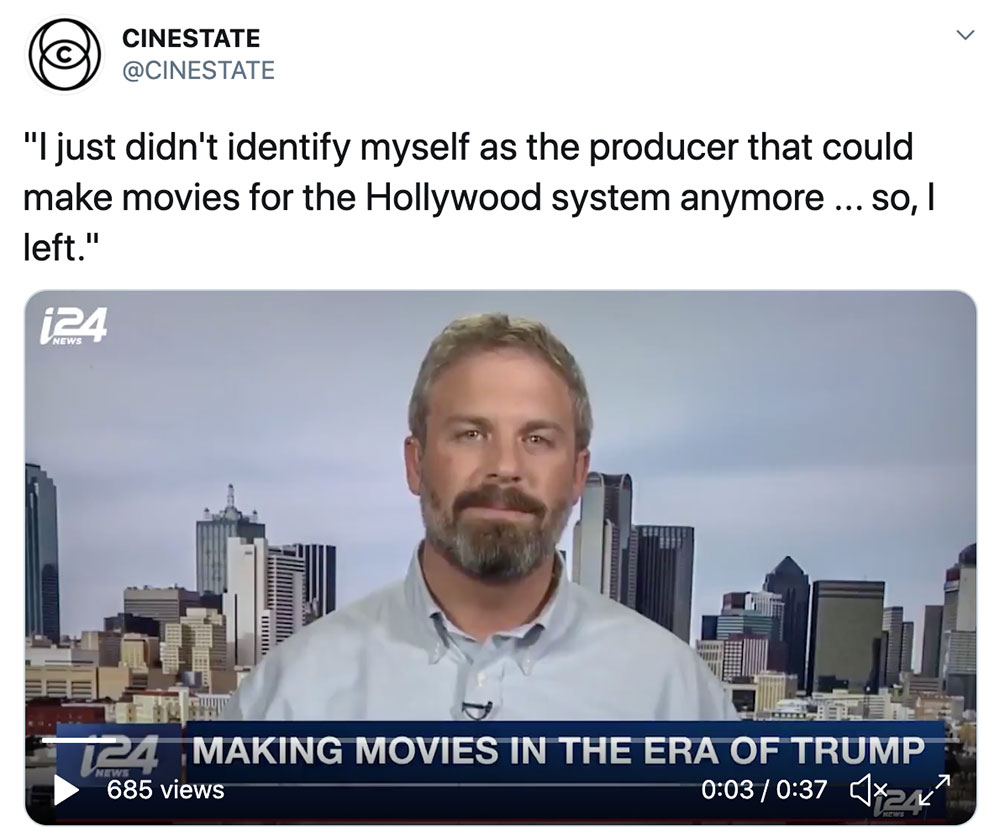
And Donaghey wasn’t the only one getting away with very bad behavior under Cinestate’s banner.
The company produced two of the most acclaimed horror films of last year, Satanic Panic and VFW, both of which are now irrevocably tainted by the abuse that female cast and crew members suffered on set.
According to one crew member, Donaghey forced Satanic Panic actress Ruby Modine to perform a sex scene with an obsessed fan, while actor Fred Williamson has been accused of groping multiple crew members on the set of VFW. In both cases, Presmyk and others were notified, but no action was taken.
When one of the women working on VFW finally quit, Presmyk and Sonnier finally held a meeting, during which Sonnier expressed in so many words that he wasn’t willing to spend the money to replace Williamson and that the women should simply use a “buddy system” to avoid further harassment.
Are you furious yet? Women shouldn’t have to create a “buddy system” to avoid being assaulted at their job. They shouldn’t have to depend on whisper campaigns to tell them who is or isn’t safe to work with. It shouldn’t have taken Donaghey getting arrested for the people at Cinestate to take appropriate action, especially when his behavior was a well known fact among Cinestate employees and the entire Dallas film industry.
The irony here is that Donaghey found work in the industry because his friend, director David Lowery, vouched for him. One man’s word launched his career, but the words of multiple women were not enough to end it.
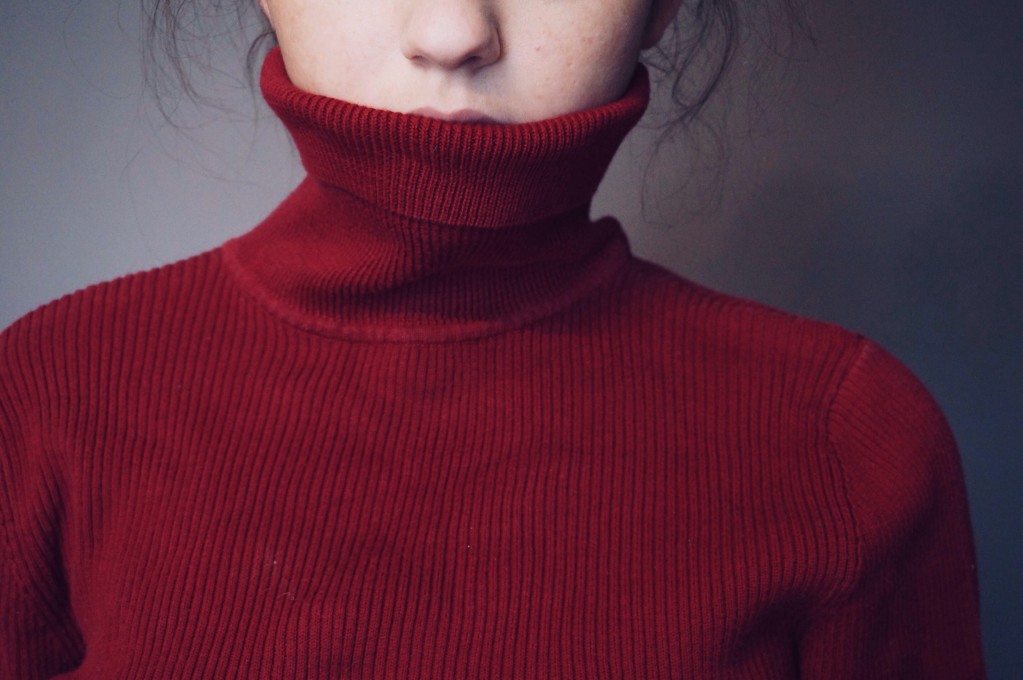
Instead, some women chose to end their own careers, vowing never to work in film because of the abuse they experienced and the failure of those in charge to take action.
These women, their safety, and their careers were deemed less important than Adam Donaghey, or Fred Williamson, or any other man in the industry who abuses his power.
Dallas Sonnier recently announced that Cinestate would be forming an “all female task force” to deal with claims of assault and harassment and set a “gold standard of safety for women.”
While I’m glad the company has decided to take these very necessary steps to try to hold themselves accountable, I wish they would have done more when women were suffering in silence and this harmful behavior was getting repeatedly swept under the rug.
Now that these abuses are coming to light, and the fallout has been justifiably swift and severe, the PR machine is doing what it does best. However, it’s hard not to feel like any action at this point is disingenuous at best. That’s especially true since Sonnier previously called the allegations against himself and his company “performative” and “partisan” — absolving himself of responsibility for what happened to Cristen Leah Haynes and others simply because they did not file “official” complaints.

The nightmare doesn’t stop there.
In the aftermath of the Daily Beast article, many members of the horror community expressed concern over the future of beloved brands like Fangoria, which is owned by Cinestate. Fangoria, along with Birth.Movies.Death, has since announced that they are leaving Cinestate, but not before many writers, podcast hosts, and subscribers chose to end their relationship with the outlet.
Sadly, the discourse surrounding the future of the beloved publication overshadowed the stories of the victims.
It was during this time that Rob Galluzzo announced on Twitter that he was resigning from his position as Director of Acquisitions and Distribution at Fangoria. Vulture writer Jordan Crucchiola responded to this tweet by saying that Galluzzo had already been let go from Fangoria before the Cinestate controversy blew up, accusing him of taking advantage of the situation to paint himself as a “good guy” and to cover up his own shady history.
Since then, several women have come forward with stories about Galluzzo, including everything from verbally harassing them to attempting to use his influence to ruin their careers. These stories date as far back as 2008; many women have said they were warned about Galluzzo through various whisper campaigns. Once again, women have been forced to quietly look out for each other while those in power turn a blind eye.
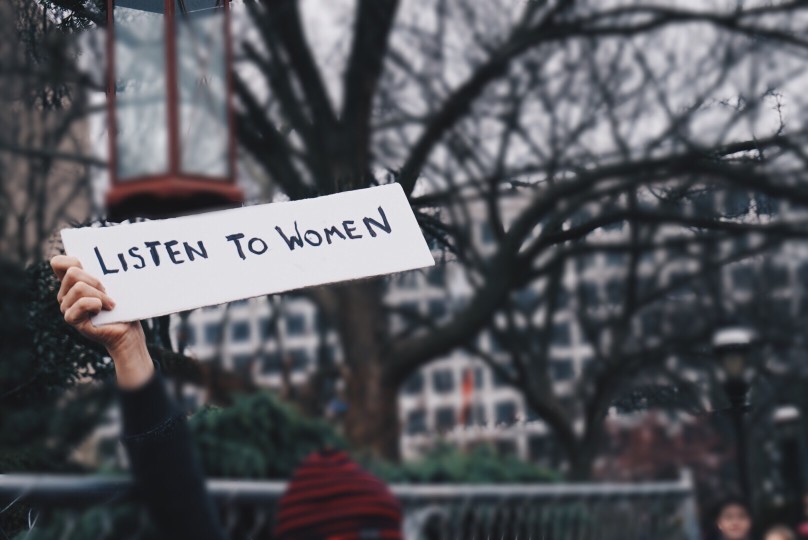
But what happens when women don’t look out for each other?
What happens when women are complicit in the abuse of other women, when they enable predators and value their own power over the safety of others? What happens when women themselves are guilty of abuse? Sadly, that’s more prevalent than you might imagine. Women often feel, in order to succeed as part of the boys club, they have to behave like the boys.
Take Amanda Presmyk, for example, whose hands are just as dirty as Dallas Sonnier’s when it comes to allowing predators like Adam Donaghey the opportunity to thrive in the industry. If no one else was there for his victims, Presmyk should have been.
In addition, there is a troubling discussion happening right now involving Jen and Sylvia Soska. While the twins have yet to make a statement, accounts of their dubious behavior have been cropping up all over Twitter, most of them from other women who feel they have been targeted by the Soskas. Much remains to be uncovered, but these stories cannot be ignored simply because those accused are women and considered by many to be feminist icons.
It’s devastating when women are harassed, discounted and denied opportunities by men who stand to gain much from maintaining the patriarchal structure. But it’s even more unconscionable when women who have risen to positions of power within this structure fail to lift up other women; when they are silent about the behavior of their male colleagues and when they themselves unapologetically engage in questionable behavior that harms other women.
Even worse, sometimes this toxic behavior masquerades under the guise of feminism. And often, white “feminists” use this behavior to target women of color and other marginalized women, exposing the inequalities that exist even amongst ourselves.
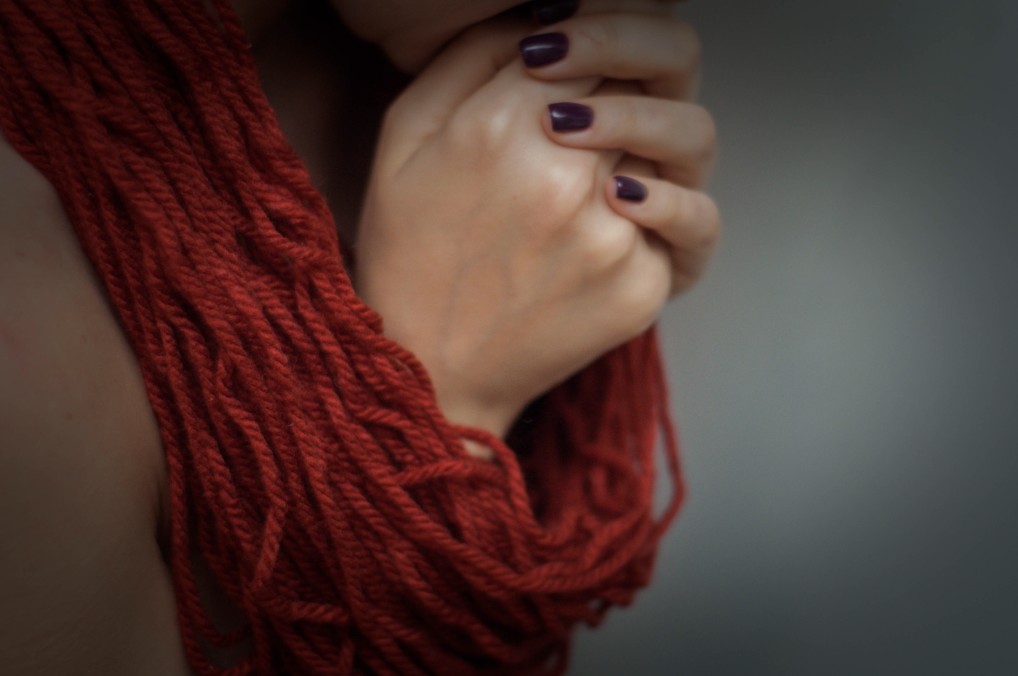
Women in horror need strong champions in the industry to step up and support the cause of equality, unequivocally and without compromise.
More than ever, we need real advocates.
We need men who are allies and women who are true champions and supporters of other women. We need something so much more than lip service.
Many women are now asking themselves a sobering question:
How can we reconcile the fact that a world that has created our favorite films, brought us countless hours of pleasure and escape from real world horrors, and become both a passion and a career for many of us, is a world built on the abuse, trauma, and silence of women?
Unfortunately, these problems are not exclusive to the horror industry. The same thing happens throughout the entire film industry, from the top all the way to the bottom. It happens in the music industry, in comics, in publishing, in journalism. It happens in retail and fast food.
We have to do better. We are in a time when we can no longer accept the way things are, we can no longer ignore uncomfortable truths, and we can no longer avoid confronting the problems that plague the industry.
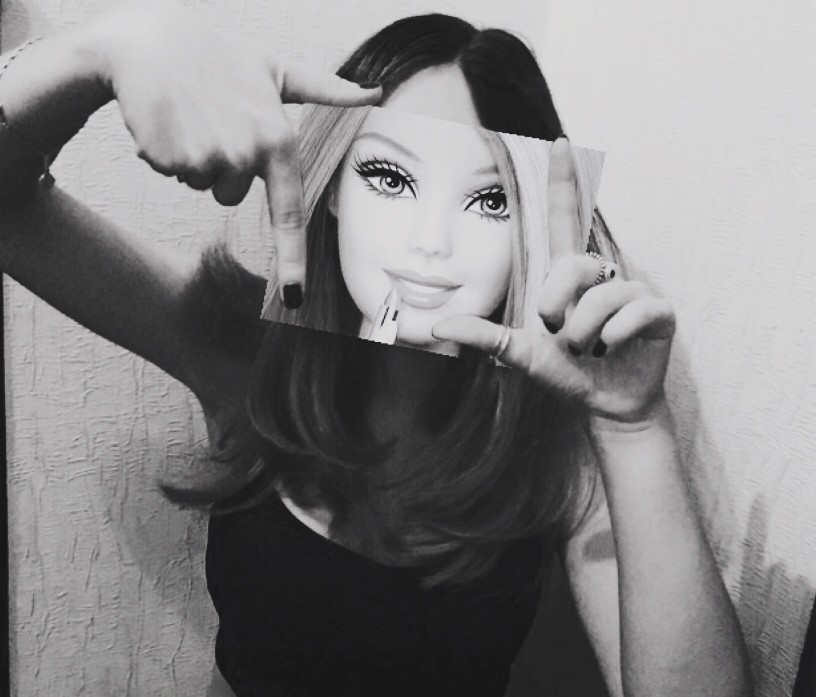
Yes, we have made progress, and that progress should be celebrated.
There are women writing, directing, and producing horror films — not just independent films, but mainstream, widely-released films. There are festivals, websites and publications, and even an entire month dedicated to spotlighting and raising awareness for the exceptional contributions of women to the genre. This website is one that has devoted a considerable amount of time and space to raising up women’s voices working in all aspects of horror, and we are certainly not alone. We believe, like many others, that we should be highlighting women in the genre ALL year round, not just in February.
Sadly, for all that great progress, we still have so far to go. There are so many who question the continued need for events like Women in Horror Month and film festivals dedicated exclusively to content written and directed by women. The arguments range from, “How can you be about equality but give special treatment to women?” to “We shouldn’t focus on calling out a filmmaker’s gender because that diminishes their value.”
Those arguments would be valid if the playing field was level, and it most certainly is not. Women in the genre, regardless of their talent or influence, continue to be underrepresented. They continue to be at a disadvantage compared to their male counterparts. They continue to be harassed and disrespected both on set and off. Their work continues to be seen, far too often, from a sexist lens that subjects them to more bitter scrutiny and career-damaging criticism.
Far too often, women are invisible, even when they have clearly earned the right to take center stage.
Think about how many times you’ve seen the phrase “Jordan Peele’s Candyman” used by various outlets.
Jordan Peele acted as co-producer and co-writer on the upcoming Candyman film, but he did not direct it; Nia DaCosta did. The widespread refusal to give her credit for her film is mind-boggling. Of course, it is partially about name recognition. Jordan Peele is a household name — and the importance of his status and his role in bringing conversations about race into mainstream horror should not be understated.
But how can we ever expect Nia DaCosta to reach the same status if we won’t even say her name?
Say it once. Say it five times. Keep saying it until the names of enormously talented filmmakers like DaCosta are as widely recognizable and respected as their male counterparts.
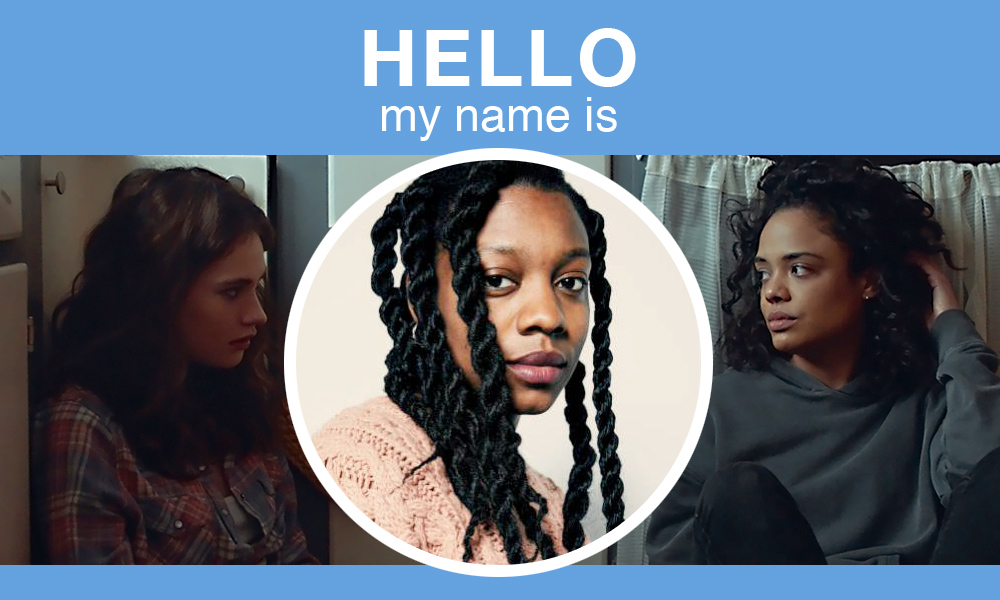
- Nia DaCosta
Even when women do achieve a level of success equal to men, it seems genre fans (men and, yes, other women) can’t wait to tear them down.
Recall the backlash surrounding the feminist message in Black Christmas last year. Men were so enraged over the mere concept of the film — many of them never saw it — that they harassed director Sophia Takal and writer April Wolfe on social media, some even going so far as to make rape threats. One man punched the screen at his local theater.
That’s certainly not the only instance of this kind of vitriol against women-driven films, especially those with a strong feminist message, and it’s certainly not exclusive to the horror genre. I doubt many of you have forgotten the outrage over the 2016 Ghostbusters reimagining with an all-women cast. And then there was 2019’s Captain Marvel, which featured a female superhero played by Brie Larson and boasted a great deal of female talent behind the camera.
That film so enraged many fanboys that they targeted the film on Rotten Tomatoes, IMDb and YouTube — BEFORE it even opened — spurring all three to make changes designed to screen out attacks from people who hadn’t actually seen the film. Why the hostility? In part it was because Larson opined in 2016: “I do not need a 40-year-old white dude to tell me what didn’t work for him about A Wrinkle in Time. … It wasn’t made for him.” She also told Entertainment Tonight that she had talked to Marvel about Captain Marvel being “a big feminist movie.”
Of course, films written and directed by women (just as those directed by men) are open to fair criticism. And there are valid critiques to be leveled against all the aforementioned films. But when the criticism stops being about the film itself and starts becoming personal, when criticism is leveled before a film even opens, and when critiques become vitriolic attacks against the women involved in making the film, we have a serious problem.
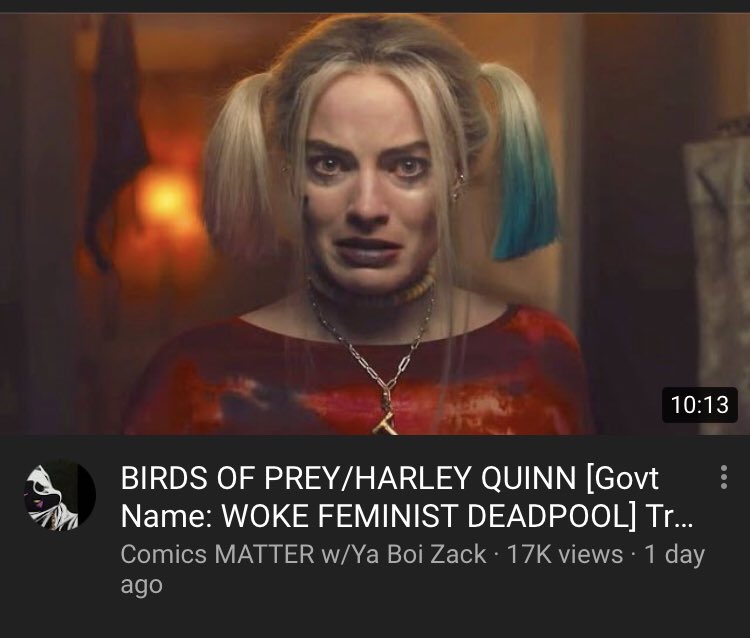
This, of course, begs the question: How do we fix the problem?
We must listen to the voices of women who are brave enough to speak out against abuse and discrimination. We must believe women — without calling their motives or morality into question, and without dragging their past into the spotlight and their names through the mud — and we must do more to support survivors of sexual abuse.
We must hold individuals, institutions, and organizations accountable. We must demand more and risk calling out our icons, idols, and horror heroes. It’s painful. At times, it’s utterly devastating. But real change and progress is often uncomfortable, and we have to be willing to do the hard work. While we’re at it, let’s stop calling it “cancel culture” and start calling it what it is, a culture of accountability.
We must keep talking about this very real and important issue. After the initial outrage and drama has subsided, we need to continue to be vocal about these issues and refuse to go back to business as usual. And we need to stop saying, “Aren’t we past this already?” Women will tell you when we’re past this. Sadly, judging from the painful conversations being had on Twitter right now and the amount of women who are still coming forward to say #metoo, we are a long way from past this.
Sure, there’s been a lot of good PR and surface polishing. But the real issues remain, and they are just as prevalent and damaging as ever.
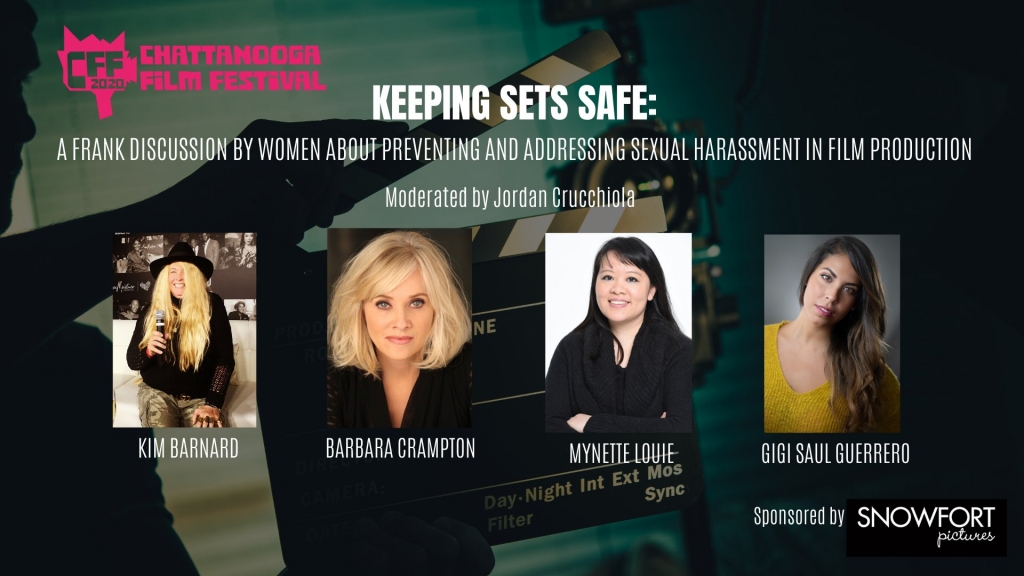
There was an excellent all-women panel held during this year’s Chattanooga Film Fest on “Keeping Sets Safe” that addressed issues of harassment, bullying, and violence against women on film sets.
The panel included genre icon Barbara Crampton, filmmaker Gigi Saul Guerrero (Culture Shock), Producer Mynette Louie (Swallow, The Invitation), and First AD/Producer Kim Barnard (Robert the Bruce, Heart Baby).
The women addressed the impediments to functional improvement, asking the question, “Why haven’t things gotten better?” Is it complacency? Are their active barriers? Is it the desire for business as usual? Why do we continue to act surprised…EVERY SINGLE TIME…when news of this kind of behavior breaks?
Before the discussion got started, moderator Jordan Crucchiola said something profound that really resonated — something that explains why we are writing this article. She said, “You name the demon, and that is how you expunge the demon.” In other words, the first step to really fixing the problem is to collectively admit, finally, that we do in fact have a problem.
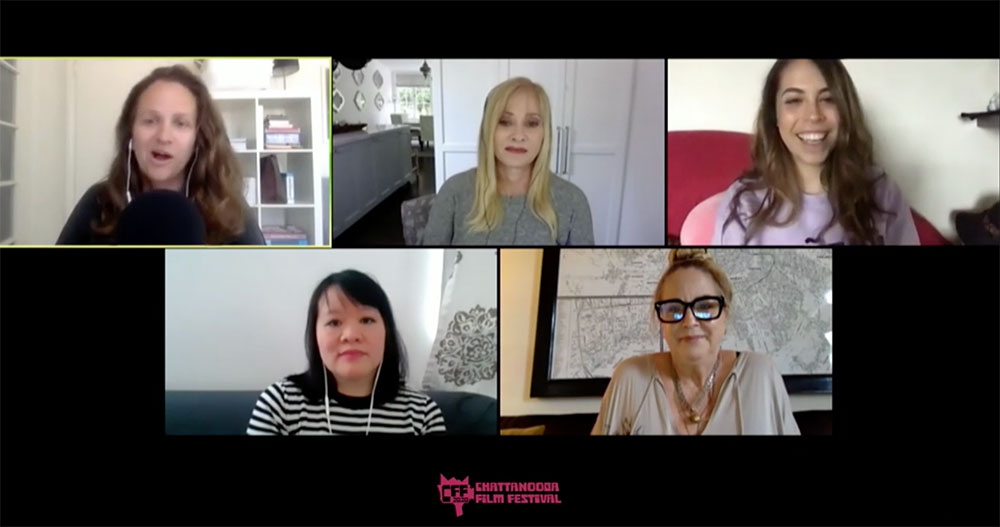
Near the end of a very insightful and informative discussion on how filmmakers and actors can help affect positive change, Barbara Crampton summed up the issue and the road to change best when she said:
“Interesting fact: a rocket will always go off course. It needs to constantly be redirected to hit its target. I’ve been on the receiving end of a lot of harassment. We have to get to a place where we go from shock to action, and we need to get out of the constant loop of just being shocked all the time.”
Gigi Saul Guerrero added, “I hope we can get to a point where we can forget what gender we are and just be recognized equally as filmmakers and creators. And this isn’t just the fight of women. Men can be advocates, too.”
Finally, Mynette Louie also offered some great advice for us film fans to help support the cause: “Vote with your dollars. Watch more films made by women. The better our films do, the more of our films get made.”
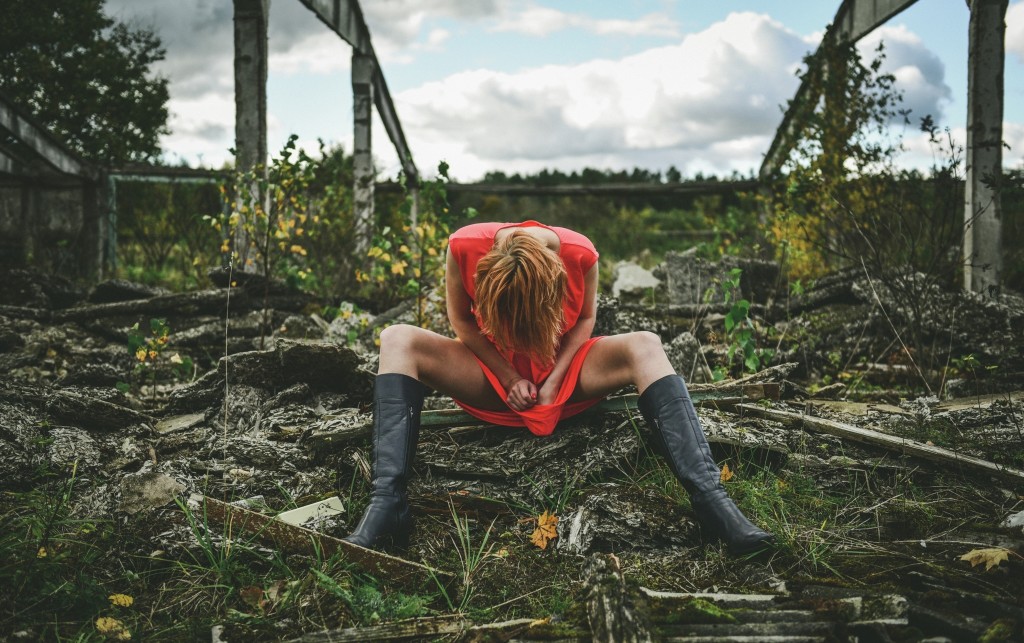
Like many of you, I’ve spent a great deal of time over the past few weeks feeling sad and deeply disappointed in the disintegration of the horror community.
I wish I knew how to fix this horribly broken world. I wish I had more words of comfort and encouragement to offer the women who have been let down by so many in the horror community — from those in positions of power to horror fans. I wish I knew how to better support the women who have never truly felt welcomed, included, and valued in this community.
I wish women could pursue their dreams without fear. I wish we could speak out against the abuse we have suffered without fear of retaliation, without being silenced, without having to watch our abusers continue to thrive. I wish we could be safe, celebrated, and treated with respect in this genre that we love so much.
The truth is, the horror community as we once knew it may be broken beyond repair. But that doesn’t mean we throw in the towel. No, we burn it down and build a new one. I believe we can — I believe we will. If I didn’t, I wouldn’t be here. In the midst of all of this, I’ve felt helpless and hopeless. But if some part of me didn’t believe a better world was possible, I would have given up a long time ago.
Women deserve better than us giving up, throwing in the towel, and simply bemoaning that the cards are stacked against us. Women, like all underrepresented voices in the genre, need allies. We need a community that loves and supports us in a very real way. We need all of us, men and women, to say enough is enough. We need everyone to stand up and demand better for women — demand better for all of us.


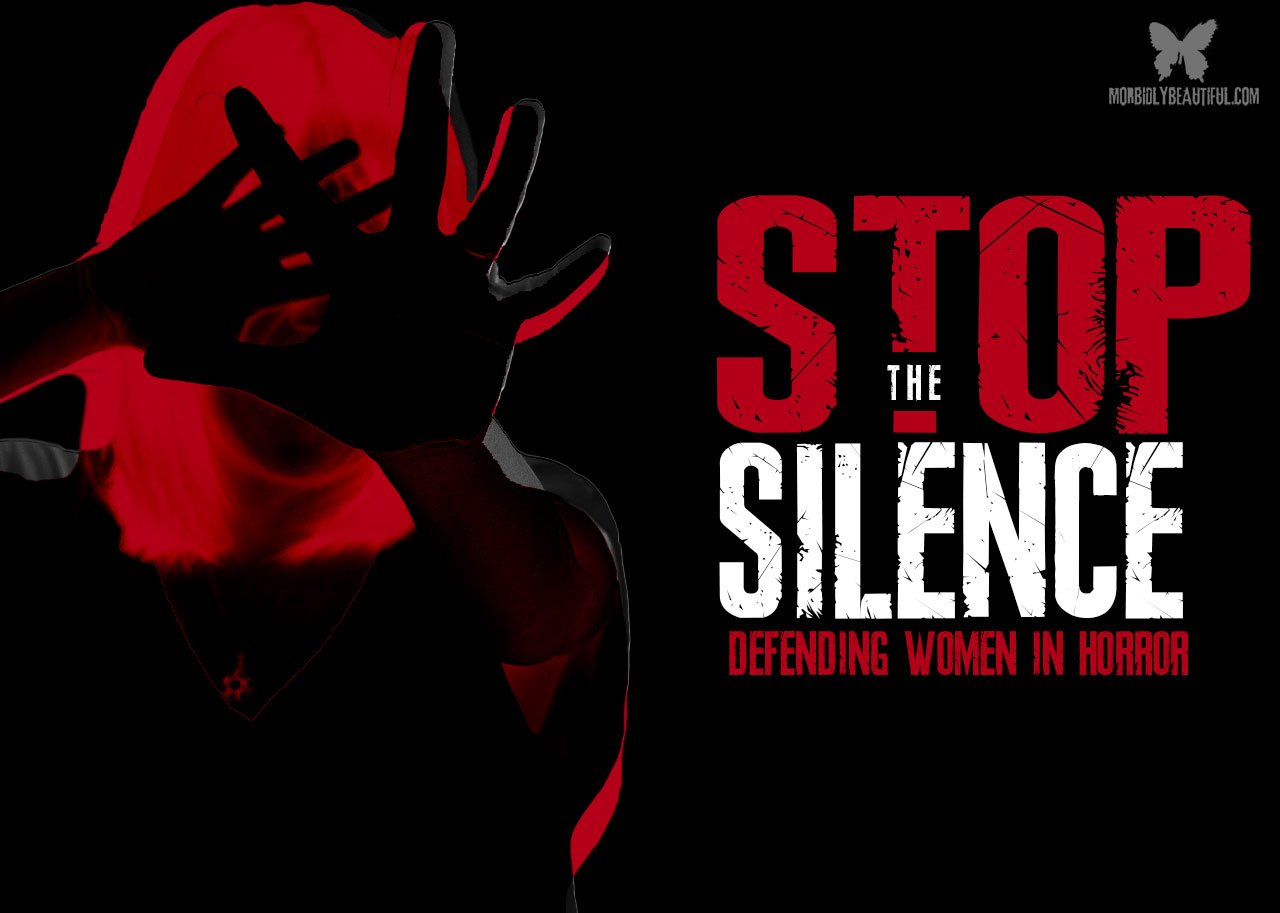
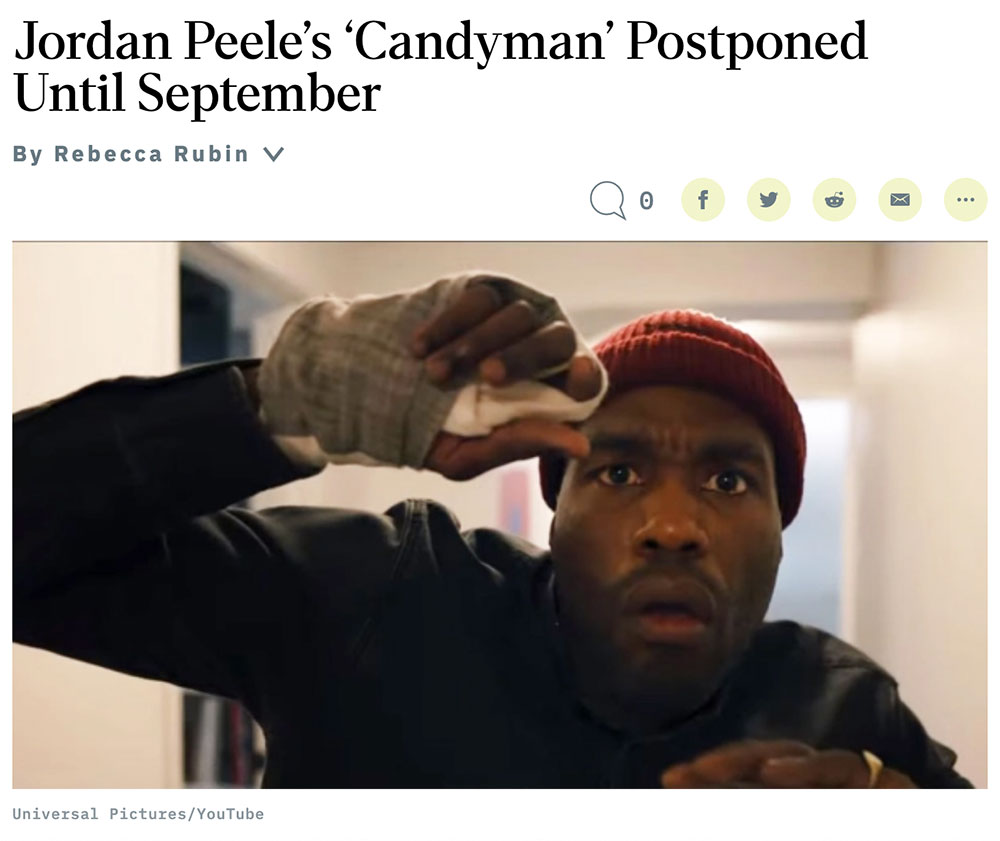
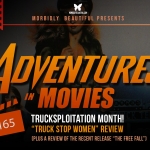
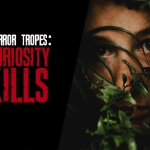
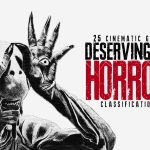
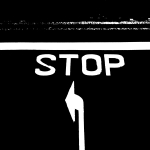





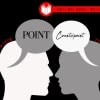

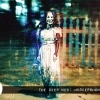




1 Comment
1 Record